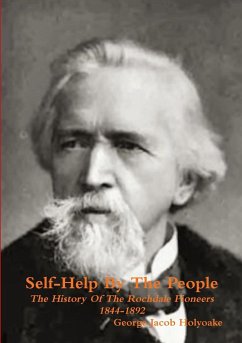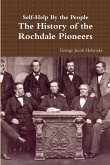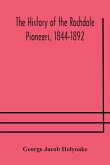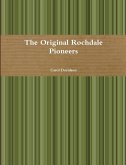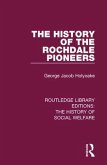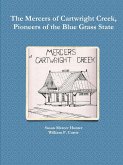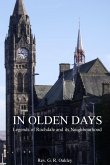In view of the Tory Party's proclamation of its latest 'big idea' - The Big Society - in which, if one were to take them at their word, worker's co-operatives have a significant part to play, the re-publication of Holyoake's history of the Rochdale Pioneers comes at a timely moment. It provides a fascinating glimpse back to the period when labour was cheap and bread was dear - when wealth accumulated in the bank accounts of the Cotton Lords at a rate hitherto unknown in all the histories of all the peoples of the world - when labouring men, women and children were regarded as 'hands' - mere appendages to the industrial machines they tended - and still dared to dream of a better future and had the temerity to fight for it. Complete with a contribution from Jesse Norman, Tory M.P., author of The Big Society - the Anatomy of the New Politics.
Bitte wählen Sie Ihr Anliegen aus.
Rechnungen
Retourenschein anfordern
Bestellstatus
Storno

